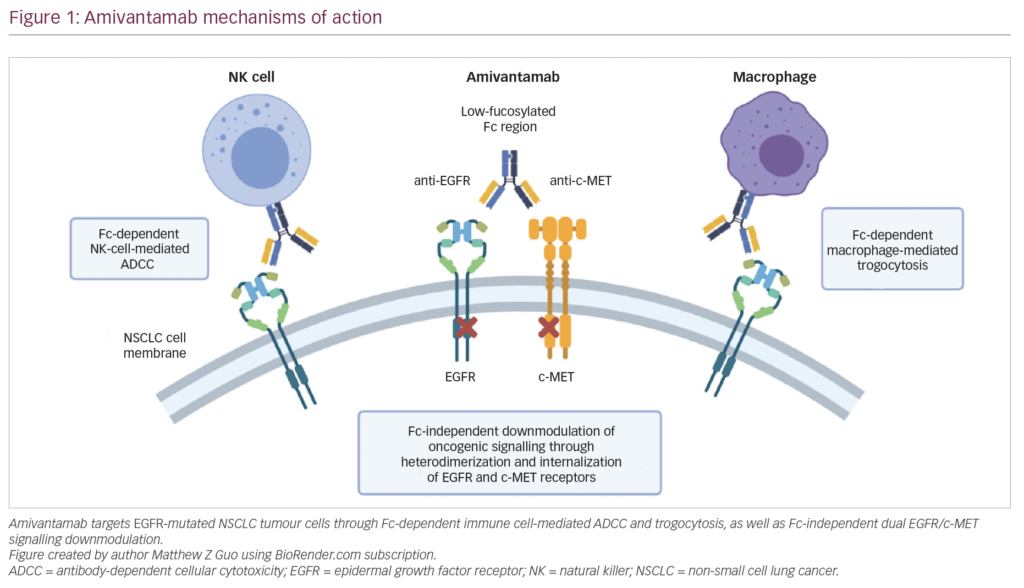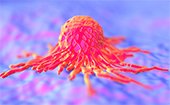Welcome to Issue 1 of US Oncological Disease 2007. With so many advances being made in the treatment of all types of cancers and developments in drugs and technologies, we are living and working in a most exciting time for our patients and our profession. There are many exciting articles and advances within this issue and I hope you will share my enthusiasm for the information in the following pages.
Welcome to Issue 1 of US Oncological Disease 2007. With so many advances being made in the treatment of all types of cancers and developments in drugs and technologies, we are living and working in a most exciting time for our patients and our profession. There are many exciting articles and advances within this issue and I hope you will share my enthusiasm for the information in the following pages.
Advances in technologies and new treatment regimens are leading to longer survival times and more survivors. This is good news for our profession, but comes with another set of issues—those of survivorship.
The challenge and obligation for healthcare providers in the coming months and years will be to assist our patients, their family members, and their primary-care physicians to manage the issues of survivorship. These issues can range from short-term to longterm side effects, secondary cancers, issues of sexuality, fertility, insurance coverage, workplace discrimination or job termination, and fear of recurrence.
In 2005, the Institute of Medicine issued a now famous report entitled From Cancer Patient to Cancer Survivor: Lost in Translation detailing many of the issues confronting cancer survivors in today’s world. They made 10 recommendations for improving the services and needs of this ever-growing ‘success story’—over 10 million survivors in the US alone.
One of our primary charges will be to provide survivorship care plans for patients at the completion of treatment. These will need to be comprehensive in nature, providing a wide range of information for patients, their family members, and their physicians. Some elements to be included would be information on all treatment received and all testing that was carried out for diagnostic purposes; staging and any genetic testing that was performed; toxicities or side effects experienced during treatments; support services provided (psychosocial, nutritional); full contact information on treating institutions; and key point-of-contact information.
Another element of a survivorship care plan is the provision of a written follow-up care plan to the patient. This is a patient’s roadmap for the future; it will be a guide for patients to follow and for primary care physicians to use to provide evidence-based follow-up care for their patients. We as healthcare providers and specialists in the field of oncology will again need to be leaders in developing these care plans, as well as developing recommendations that will assist our survivors in improved quality of life.
Beyond these two major undertakings, we must also be tireless advocates for our ‘survivors’ in forming public policy, working with insurance companies, employers, and the public to educate them about the unique needs and issues of cancer survivors, and also to advocate for funding of survivorship research.
We have accomplished so much in the fight against cancer, as evidenced by the millions of survivors worldwide. As we continue to look to new technologies and therapies, let us also remember those survivors and continue to work to serve their needs as well. ■
Foreword – US Oncological Disease, 2007;1(1):6
Article
Further Resources

Trending Topic
Highlights Immunotherapy, especially combinatory immunotherapy, has shown promise with prolonged survival for patients with advanced mesothelioma in the first-line setting (see the sections on ‘Systemic treatment and immunotherapy debut’ and ‘Randomized immunotherapy trials of mesothelioma’). Histology-based therapy is important to consider, with non-epithelioid subtypes responding better to immunotherapy than to chemotherapy (see the section on […]
Related Content in Lung Cancer

Welcome to the latest issue of touchREVIEWS in Oncology & Haematology. We are honoured to present a series of compelling articles that reflect cutting-edge developments and diverse perspectives in this ever-evolving field. This issue includes a series of editorials and ...

Unmet clinical needs for patients with advanced epidermal growth factor receptor-mutated non–small-cell lung cancer Epidermal growth factor receptor (EGFR)-tyrosine kinase inhibitors (TKIs) have become the standard first-line therapy for patients with advanced non–small-cell lung cancer (NSCLC) harbouring ...

Accurately detecting lung tumours and their margins is important for disease outcomes.1,2 However, detection is challenging due to the use of minimally invasive surgery and current localization techniques, such as computed tomography (CT)-guided and endobronchial interventions, which add significantly ...

Cancer treatment has expanded rapidly in recent years as advancements in the fields of tumour biology and molecular diagnostics have informed the development of targeted therapies, improving survival in patients with oncogene-addicted cancers with therapeutically relevant molecular lesions. Osimertinib has ...

The treatment of patients with non-small cell lung cancer (NSCLC) has seen significant advances in the past decade, with the availability of multiple targeted therapy agents for oncogenic-driven non-squamous NSCLC and the advent of immunotherapy that has completely revolutionized the ...

Advanced non-small cell lung carcinoma (NSCLC) treatment paradigms have evolved during the past decade. Identification of tumor-specific molecular alteration in cancer driver genes has led to the development of targeted therapies.1–3 Most of the tumors harboring such alterations are sensitive ...

Radiation-induced esophagitis, caused by incidental damage to the mucosal lining of the esophagus during radiation therapy, is a common and clinically important toxicity in patients with lung cancer. Esophagitis generally develops 2–3 weeks after initiation of radiation therapy and presents as ...

Historically, chemotherapy represented the only available treatment for patients with advanced non-small-cell lung cancer (NSCLC) who did not show any target molecular driver, such as epidermal growth factor receptor (EGFR), anaplastic lymphoma kinase (ALK) or the receptor tyrosine kinase ROS1. ...

At initial diagnosis of metastatic disease, central nervous system (CNS) metastases are present in 22–33% of patients with anaplastic lymphoma kinase (ALK)-rearranged (ALK+) non-small cell lung cancer (NSCLC). After crizotinib failure, the incidence can reach up to 70%, compared with 40% in ...

Non-small cell lung cancer (NSCLC) remains a world-wide health issue, accounting for 85% of all lung cancers, of which there were an estimated 2.1 million new cases and 1.76 million deaths in 2018; equivalent to 11.6% of the global cancer burden.1,2 This incidence is expected ...

Welcome to the fall edition of Oncology and Hematology Review (US), which features a wide variety of articles covering topics of interest to oncologists and hematologists, as well as the wider medical community. We begin with some expert interviews, which ...

Lung cancer is the leading cause of cancer deaths in the USA. In 2018 an estimated 154,050 Americans were predicted to die from lung cancer, accounting for approximately 25% of all cancer deaths.1 However, recent advances have transformed early diagnosis and the treatment ...
Latest articles videos and clinical updates - straight to your inbox
Log into your Touch Account
Earn and track your CME credits on the go, save articles for later, and follow the latest congress coverage.
Register now for FREE Access
Register for free to hear about the latest expert-led education, peer-reviewed articles, conference highlights, and innovative CME activities.
Sign up with an Email
Or use a Social Account.
This Functionality is for
Members Only
Explore the latest in medical education and stay current in your field. Create a free account to track your learning.

